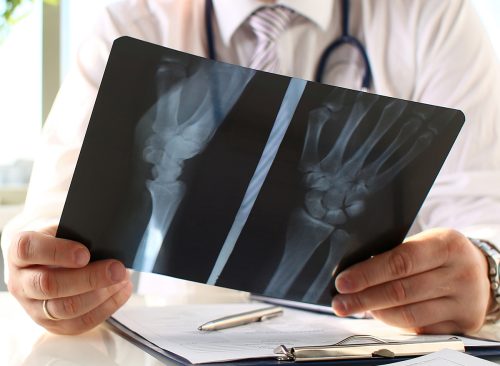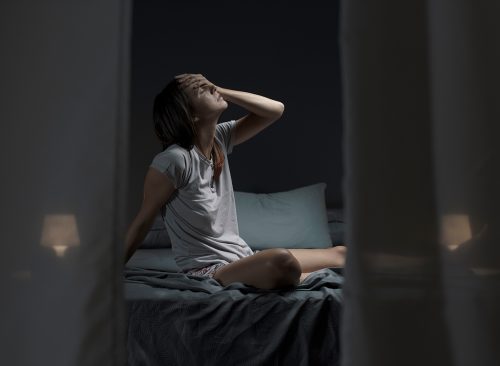
Vitamin D has gotten a lot of press in recent years: It’s essential for immune system functioning and bone health, and studies suggest having adequate D levels in your body may reduce the risk of several cancers. The body produces vitamin D naturally with exposure to sunlight, but it can be difficult to get enough this way, particularly in the fall and winter or from food alone. Up to 35% of Americans may have vitamin D insufficiency or outright deficiency. The best way to determine whether you’re one of them is with a simple blood test at your doctor’s office. But your body might be giving you signals that it needs more of the nutrient. These are subtle signs your body lacks vitamin D.

This is the only true symptom of a low vitamin D level, Adrian Gombart, Ph.D., an associate professor at Oregon State University and vitamin D expert, recently told Shape. Vitamin D helps the body absorb calcium, maintaining bone strength.

A meta-analysis of 39 studies found that low vitamin D levels are linked to an increased risk of both upper and lower respiratory tract infections.

According to the Cleveland Clinic, fatigue is a possible sign of low vitamin D.

Mood changes are a possible sign of a lack of vitamin D. The nutrient regulates the conversion of the amino acid tryptophan into serotonin, the neurotransmitter that regulates mood, Shape reports.

Vitamin D is essential for the growth of muscle fibers. A meta-analysis in the Health & Fitness Journal suggests that having a low vitamin D level can compromise your muscle strength and overall fitness. You may also experience muscle cramps, muscle pain, or weakness, the Cleveland Clinic says.

According to Nebraska Medicine, sleep difficulties may be related to vitamin D deficiency.

Losing hair can also be related to a lack of vitamin D.

Pale skin can be another sign of low vitamin D, says Nebraska Medicine.
RELATED: 15 Things You Should Never Do at the Doctor’s Office, Say Doctors

Nutrition researcher Peter Horvath of the University at Buffalo found that nearly 50 percent of people living in cities have insufficient amounts of vitamin D, and 25 percent may have outright vitamin D deficiency (having less than 30 micrograms per milliliter in their blood).














